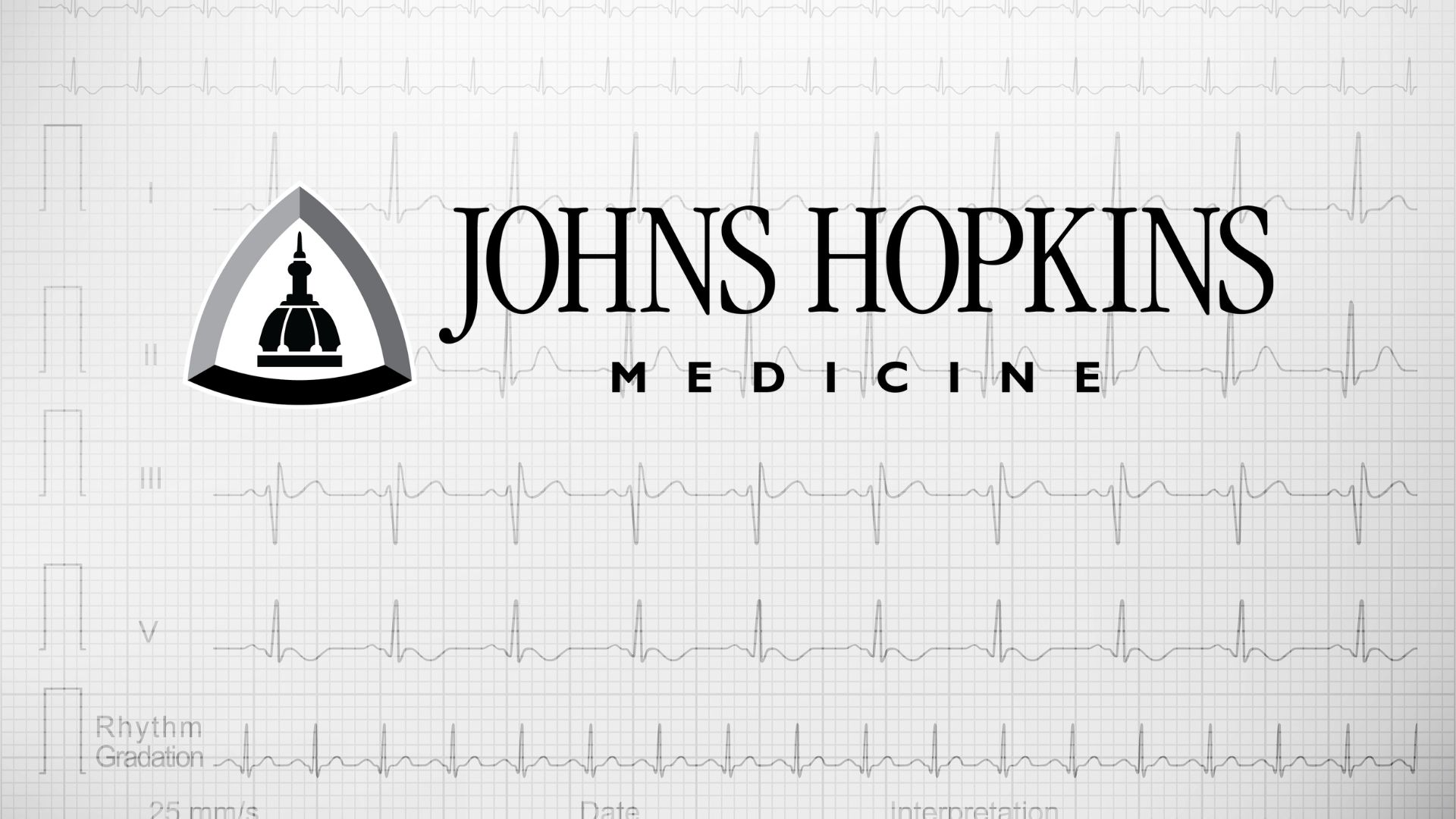Strategies for Management of Atrial Fibrillation: State of the Art in 2023

Sponsored by the Johns Hopkins Heart and Vascular Institute and the Johns Hopkins University School of Medicine Office of Alumni Relations
Atrial Fibrillation, or AFib, is the most common type cardiac arrhythmia. Atrial fibrillation results in an irregular rhythm, often with a heart rate over 100 beats per minute. Atrial fibrillation is important because it increases stroke risk, causes symptoms, and increases the risk of heart failure, mortality, and dementia. By 2030, approximately 12 million people in the U.S. will have AFib. Join Johns Hopkins AFib experts, Drs. Hugh Calkins and Ron Berger, for an informative introduction to this all-too-common cardiac condition and the most effective treatments for AFib and stroke prevention. This program will be presented on Zoom. A link will be shared in advance of the program.
